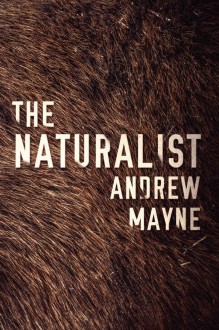
Book source ~ Kindle First
Professor Theo Cray is out doing sciency-stuff in Montana when the cops come knocking at his motel room door. Well, not knocking, more like knocking down. He has no idea what they think he’s done, but after several long hours and lots of weird questions they finally tell him he’s a suspect in a murder investigation and he’s more than surprised. And then upset because the person murdered is a former student. He starts feeling guilty for reasons that are weird, but understandable and these feelings lead him down a road he never imagined he’d travel – using his big science brain to solve a murder. Except, his application of science leads him to something so much bigger and more evil than even he could have predicted.
If you like science and murder mysteries then this is the book for you. There is a shitload of both in it. I’m not a science person. I’m not dumb, but a lot of certain sciences just go over my head and I end up with only a vague understanding and a headache for my trouble. This book is filled with Theo explaining science stuff and how he’s using what he knows to apply it to a serial killer, but somehow the author manages to mostly make sense to me. Excellent job! No, seriously. Ask any of my science instructors. They’ll tell you. Flashbacks to Chemistry make me shudder in horror and revulsion. Luckily, Biology wasn’t as terrible and there’s a lot of Biology in this book. I took off a bit for the massive amounts of science and some areas of slight ridiculousness, but overall it’s only a small deduction. This story kept me glued to the pages, wondering what on Earth Theo was going to discover next and if he’d survive the inevitable faceoff with the killer. Also, there’s a great buildup of suspense there towards the end. Yowzers. There’s even a bit of romance for Theo, but it’s mostly science, bodies, and trying to find the killer. I ended up liking this book way more than I thought I would. Great job!

 Log in with Facebook
Log in with Facebook 







